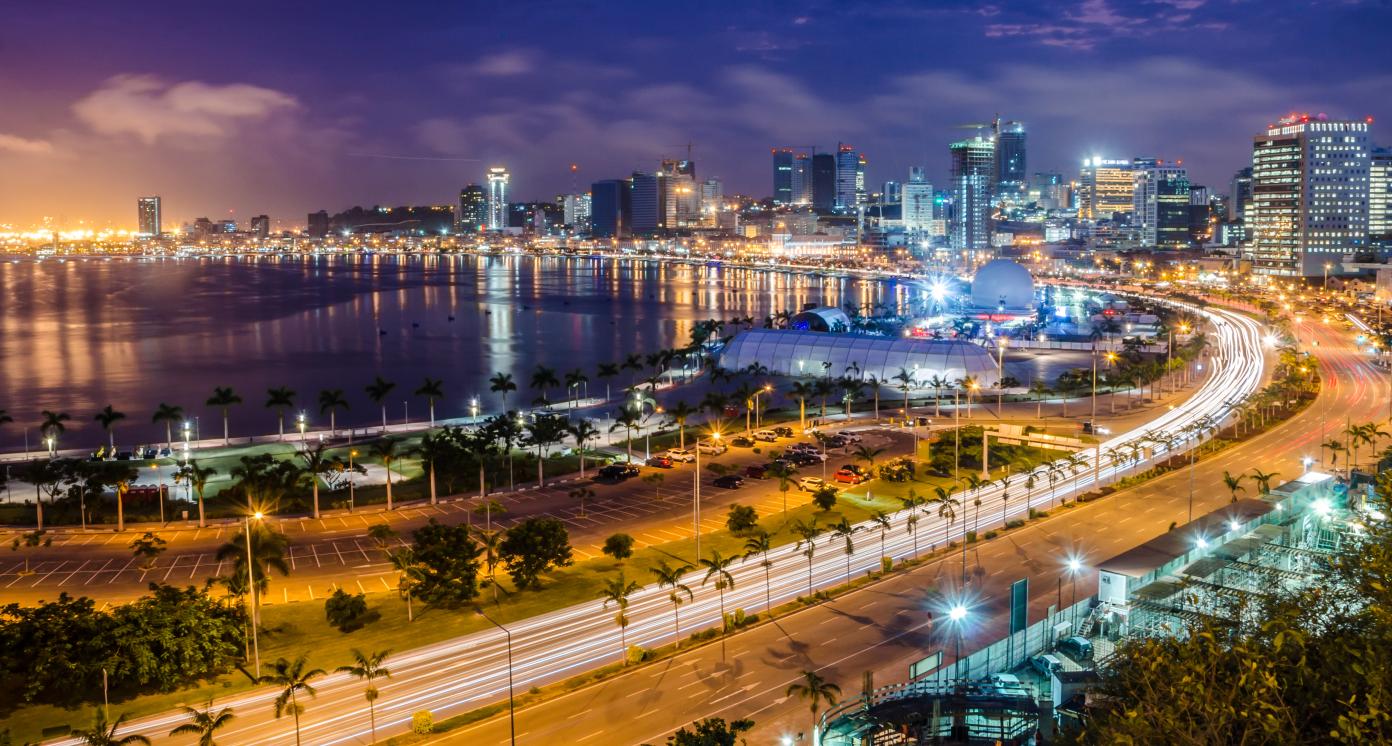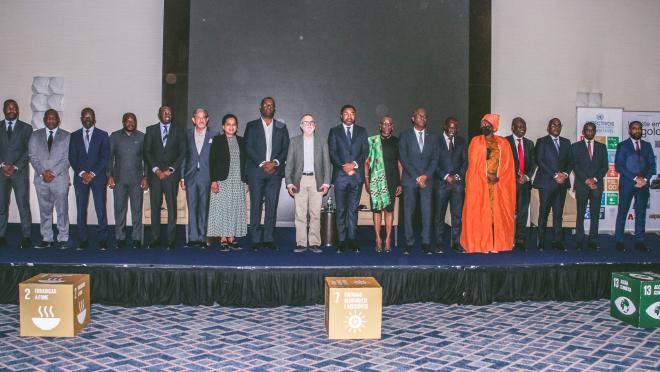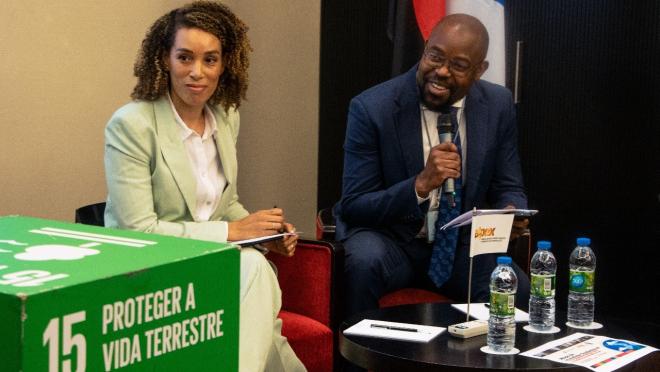Angola’s economic fortunes have been tied to global oil demand, which brought volatile growth and left the country with high levels of poverty and inequality. Reforms over the past five years have improved macroeconomic management and public sector governance. Macroeconomic stability has been enhanced through a more flexible exchange rate regime, central bank autonomy, sound monetary policy, and fiscal consolidation.
Economic growth in 2023 has been revised down to 0.8%. Oil production fell short of expectations due to a major maintenance shutdown in the first half of the year. Lower-than-expected oil exports and high debt service payments reduced the supply of foreign currency, triggering a 40% currency depreciation in May-June. The non-oil sector slowed down after this cost-push shock to key inputs as well as the one-off adjustment in gasoline prices in June. In response, as the stagnation affected revenues and the slide in the kwanza inflated both interest payments and fossil fuel subsidies, the government trimmed other expenses.
The currency depreciation and the increase in gasoline prices have both fueled inflationary pressures since mid-2023. Year-on-year inflation reached 24% in February 2024, compared to 11.5% in February 2023, driven primarily by food prices. In response, the National Bank of Angola raised its policy rate by 100 basis points to 18% in November and then to 19% in March. Since around 80% of public debt is denominated in foreign currency, exchange rate depreciation pushed the debt-to-GDP ratio up from 69% in 2022 to 87% in 2023.
Source: World Bank, Angola Country Overview
Access the Angola SDG Investor Map narrative report here.
9
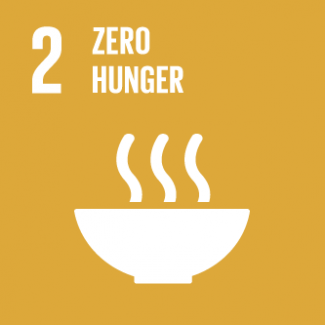
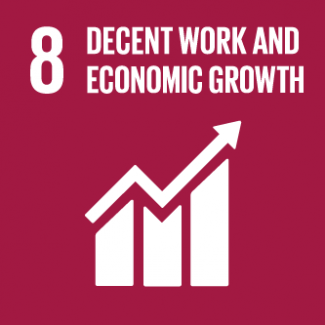
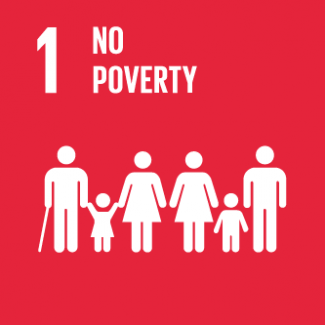
Food and Beverage, Financials, Renewable Resources and Alternative Energy
0.591
How is this information gathered?
SDG Investor Maps employ an 8-step methodology, combining data research and stakeholder consultations to identify Investment Opportunity Areas (IOAs) and potential business models with significant financial and impact potential.
Disclaimer
UNDP, the Private Finance for the SDGs, and their affiliates (collectively “UNDP”) do not seek or solicit investment for programmes, projects, or opportunities described on this site (collectively “Programmes”) or any other Programmes, and nothing on this page should constitute a solicitation for investment. The actors listed on this site are not partners of UNDP, and their inclusion should not be construed as an endorsement or recommendation by UNDP for any relationship or investment.
The descriptions on this page are provided for informational purposes only. Only companies and enterprises that appear under the case study tab have been validated and vetted through UNDP programmes such as the Growth Stage Impact Ventures (GSIV), Business Call to Action (BCtA), or through other UN agencies. Even then, under no circumstances should their appearance on this website be construed as an endorsement for any relationship or investment. UNDP assumes no liability for investment losses directly or indirectly resulting from recommendations made, implied, or inferred by its research. Likewise, UNDP assumes no claim to investment gains directly or indirectly resulting from trading profits, investment management, or advisory fees obtained by following investment recommendations made, implied, or inferred by its research.
Investment involves risk, and all investments should be made with the supervision of a professional investment manager or advisor. The materials on the website are not an offer to sell or a solicitation of an offer to buy any investment, security, or commodity, nor shall any security be offered or sold to any person, in any jurisdiction in which such offer would be unlawful under the securities laws of such jurisdiction.















